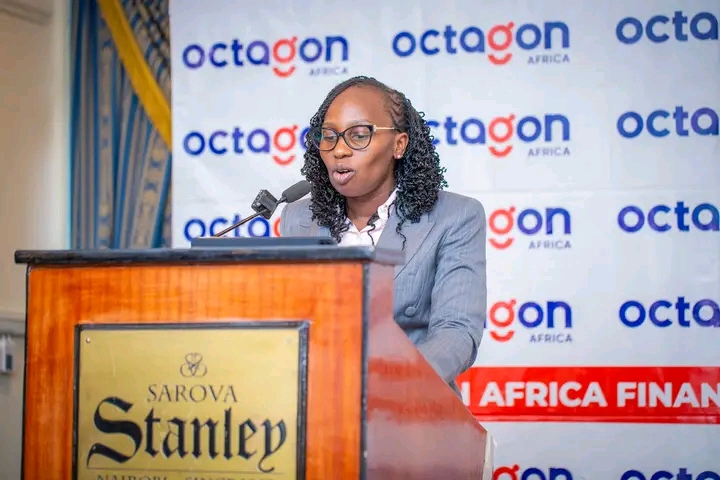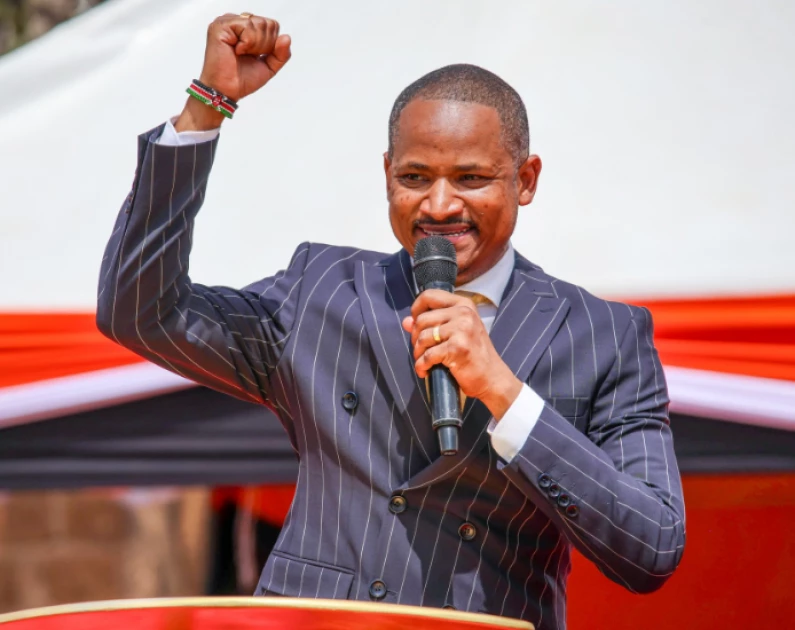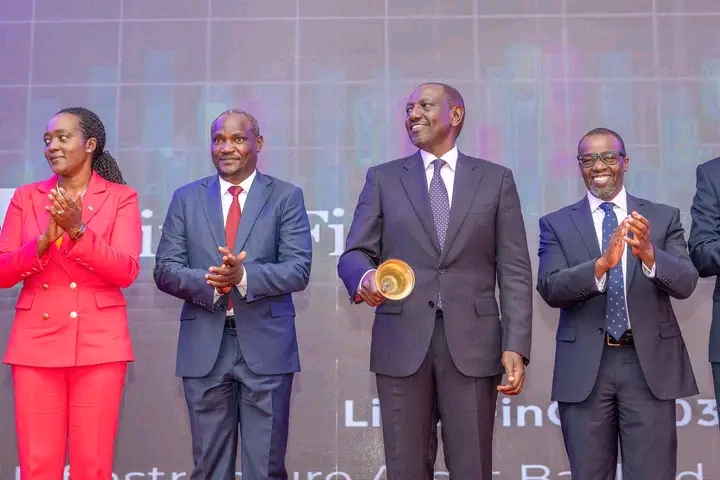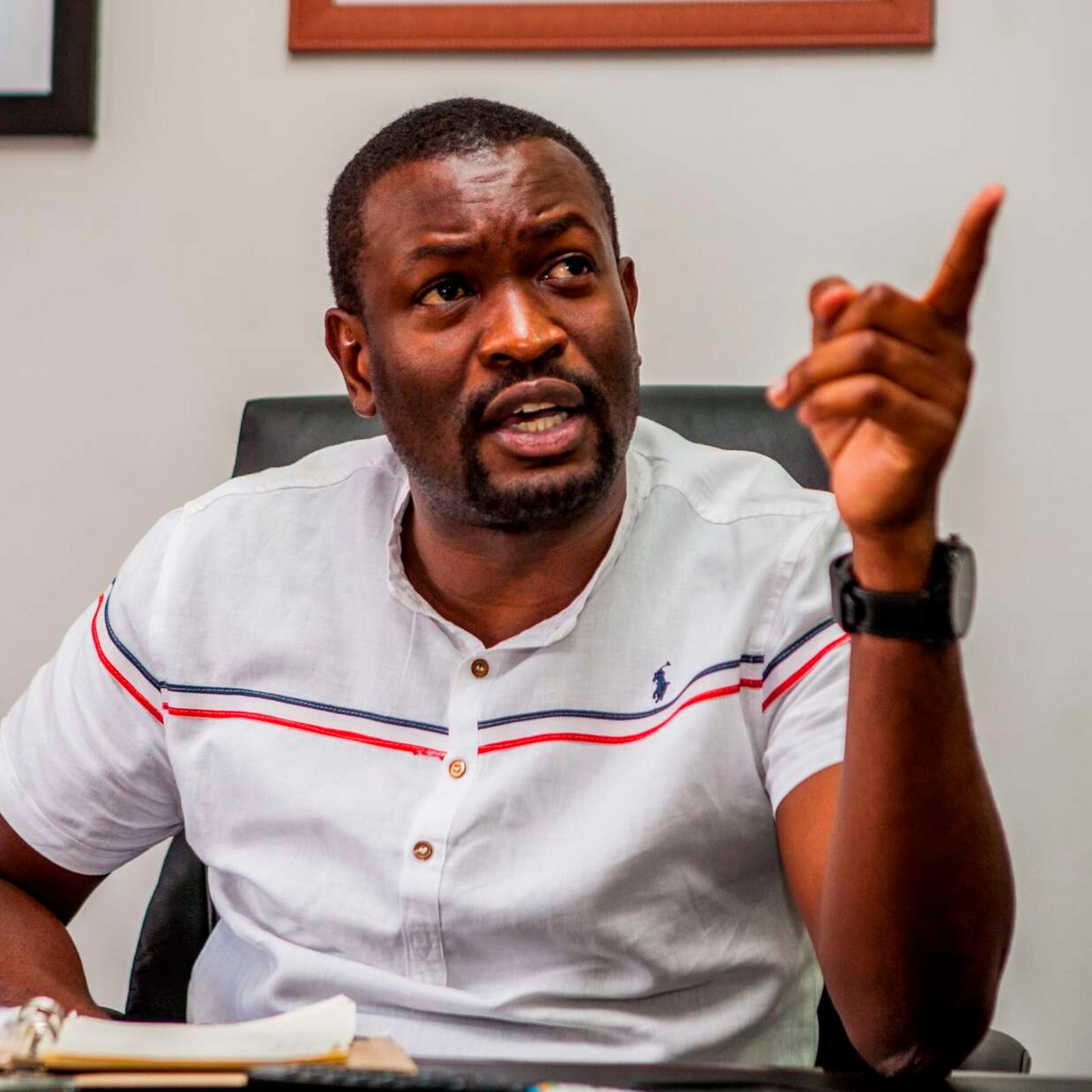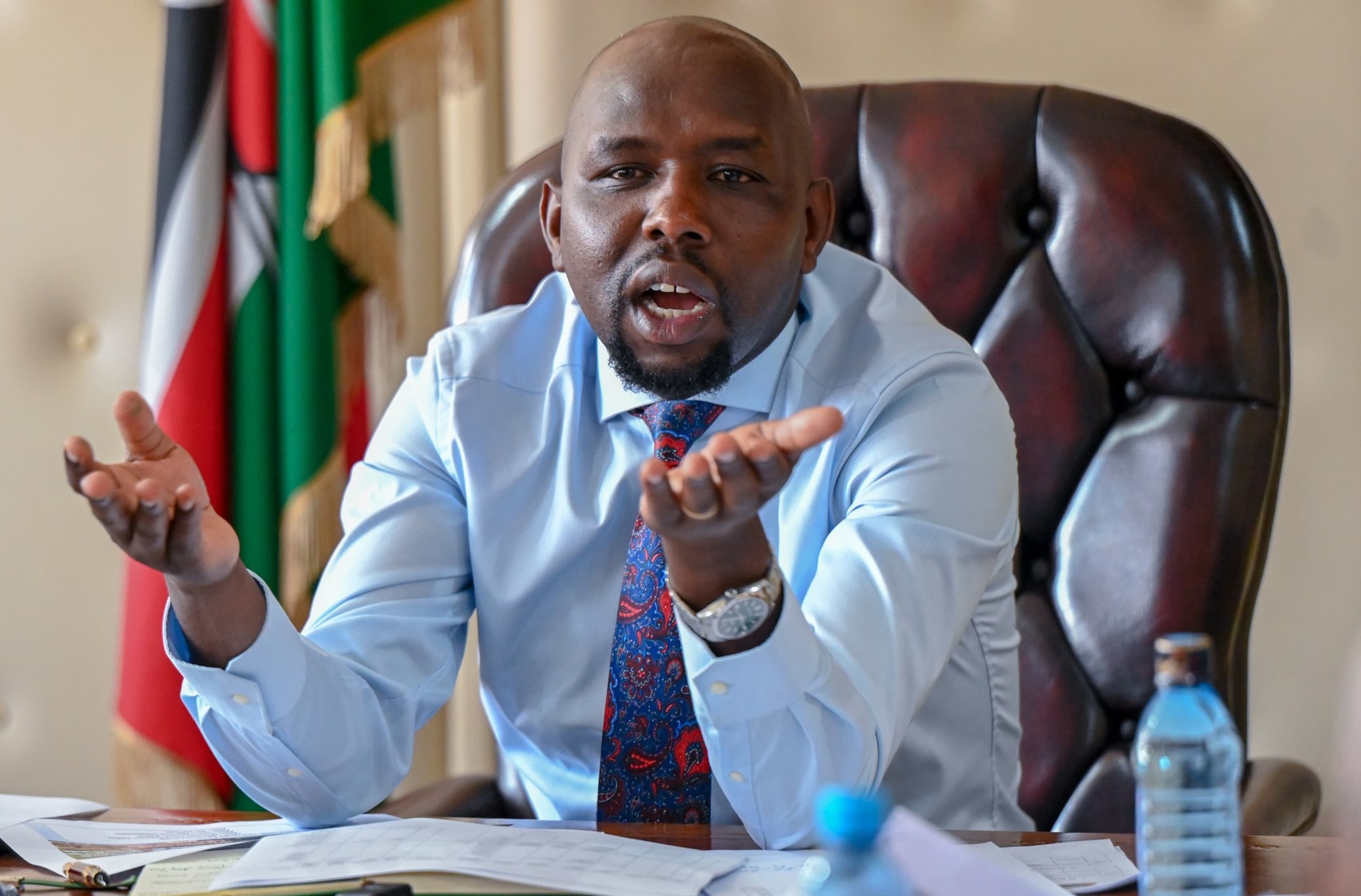Judiciary Under Fire as LSK Condemns Harsh Charges on Protesters
The Law Society of Kenya has accused the Judiciary and prosecutors of misusing anti-terror laws to silence protesters. LSK President Faith Odhiambo says such charges lack legal merit and violate citizens' rights. The group vows to continue defending protestors and upholding the rule of law.
Tuhuma Za Ugaidi: Utumizi wa kiholela wa sheria ya ugaidi umeshtumiwa LSK yateta kuhusu mashtaka yanayowakabili...
Posted by Citizen TV Kenya on Tuesday 22 July 2025
The Law Society of Kenya (LSK) has issued a sharp rebuke to the Judiciary and the Office of the Director of Public Prosecutions (ODPP), accusing both institutions of unlawfully charging peaceful protesters with terrorism. LSK President Faith Odhiambo warned that invoking the Prevention of Terrorism Act (POTA) to target citizens exercising their constitutional rights was not only legally flawed but a dangerous slide into authoritarianism.
In an exclusive interview with Citizen TV, Odhiambo voiced concern that protesters were being detained under trumped-up charges and subjected to harsh bond conditions without substantial evidence. She argued that the use of terrorism charges was meant to intimidate the public and suppress dissent, rather than uphold justice. “Protesters should not be charged with terrorism,” she stated firmly. “There must be clear and convincing evidence of a coordinated intent to cause terror.”
Odhiambo noted that the Prevention of Terrorism Act was enacted to address real threats such as organized extremist violence, not to criminalize public demonstrations. She accused law enforcement of bypassing standard legal procedures and misusing the law to criminalize legitimate political expression, particularly among youth and human rights activists. According to her, the law demands a high threshold of evidence—including planning, motive, and risk—to apply terrorism charges.
The LSK also took issue with what it called the judiciary’s complicity in the matter, criticizing judges and magistrates for setting “exorbitant and unrealistic” bail terms. Citing the recent case of renowned activist Boniface Mwangi, who was released on a personal bond of Ksh.1 million after being charged with illegal possession of tear gas and ammunition, Odhiambo questioned the proportionality of such decisions. “The bail and bond terms being issued are punitive and go against the principles of fair trial and access to justice,” she remarked.
The legal fraternity has also raised red flags over recent remarks by high-ranking officials that appear to endorse the criminalization of protest. Interior Cabinet Secretary Kipchumba Murkomen stated earlier this week that terrorism charges would not be withdrawn against individuals accused of inciting chaos during demonstrations. In June, Chief Justice Martha Koome had controversially described violent scenes in Kikuyu during protests as “acts of terrorism.”
Odhiambo said such statements from senior government and judicial officials are now being used by prosecutors as justification to press terrorism charges in court. “The Chief Justice’s remarks are now being quoted in legal documents to validate unfair prosecutions. Her statement is being used by the state as a shield to silence protest,” she added, calling for restraint and responsibility from public officials.
Despite the growing crackdown, the LSK has vowed to remain steadfast in defending human rights defenders, lawyers, and protestors caught up in what it describes as politically motivated prosecutions. The society warned that it would not be cowed by intimidation or political interference. “As custodians of justice and the rule of law, we shall not retreat in the face of unlawful state actions,” Odhiambo affirmed.
According to the Ministry of Interior, 71 individuals have so far been arrested and charged with terrorism-related offences tied to the recent Saba Saba and June 25th protests. The escalating number of such arrests has sparked alarm among civil society groups, who fear Kenya’s civic space is shrinking rapidly under the weight of state repression.


